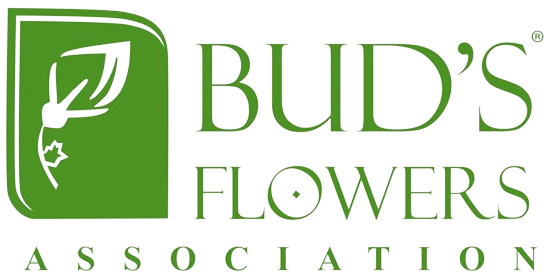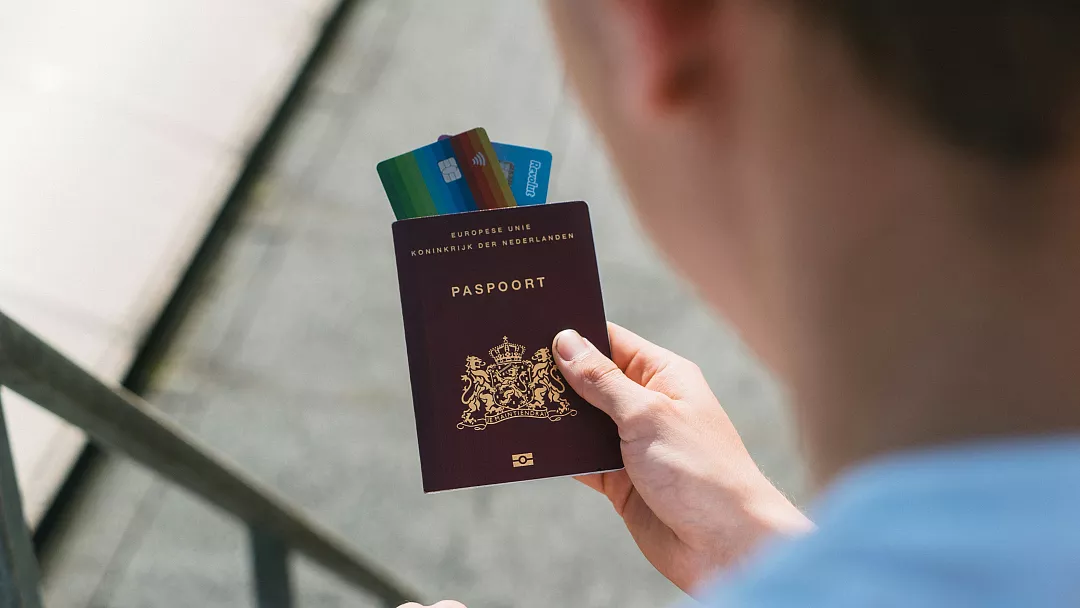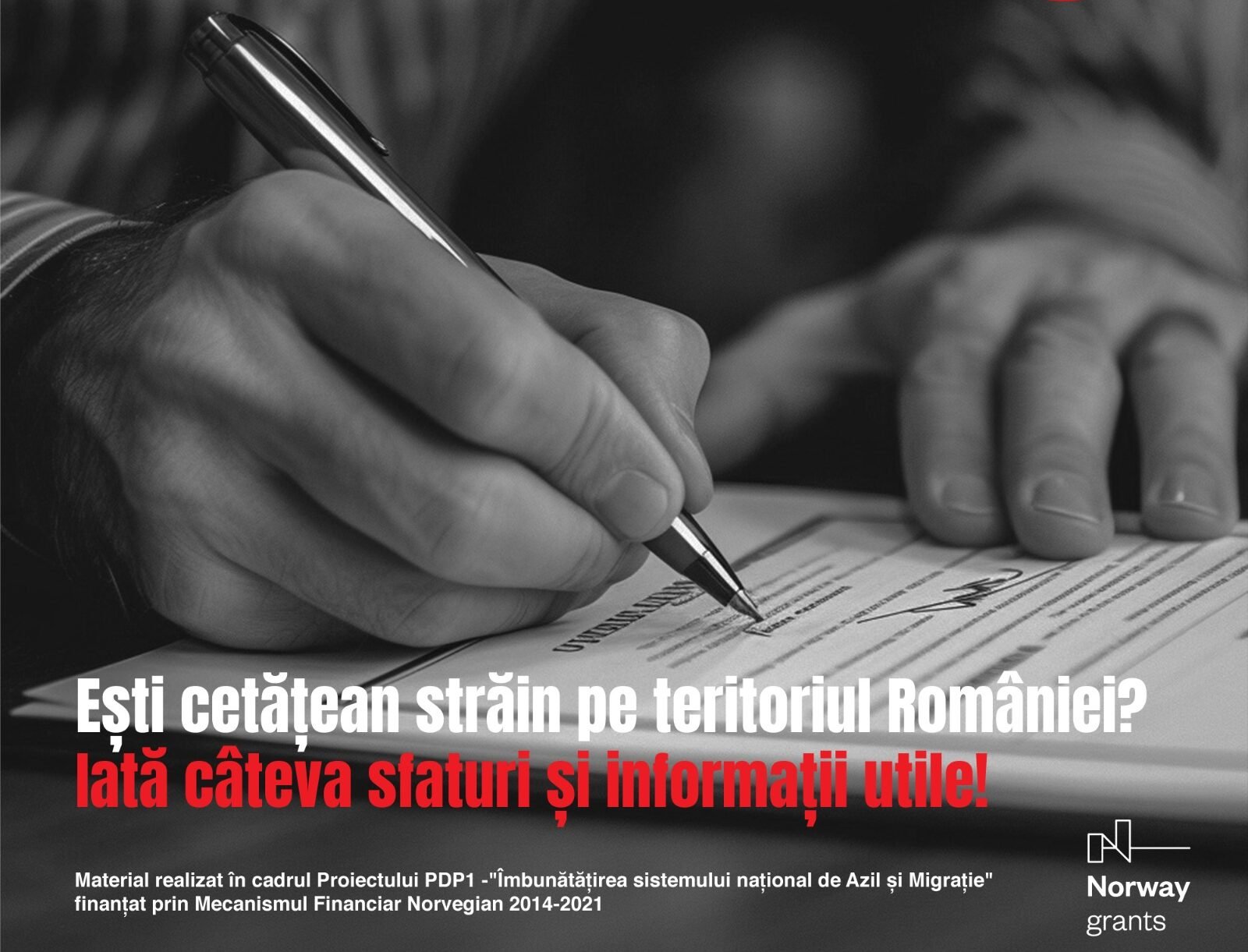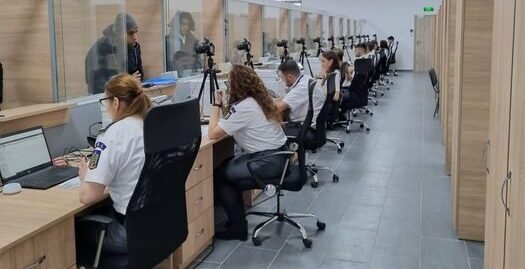Requirements for Exchanging a Foreign Driver’s License for a Romanian One Individuals with permanent or temporary residence in Romania (minimum 185 days) can exchange their national driver’s license issued by the authorities mentioned in Article 83(3) of Government Ordinance No. 195/2002 regarding traffic on public roads, with subsequent amendments and additions, for a similar Romanian document. The following categories of documents cannot be exchanged for similar Romanian documents: International driving permits Expired driver’s licenses, except those issued by the authorities of member states Driver’s licenses that have been cancelled or are subject to restrictions that do not comply with the harmonized European codes, or suspension or withdrawal in another country Temporary, provisional, or learner driver’s licenses Driver’s licenses of individuals convicted by final court judgment for any of the offenses provided for in Article 334, Article 335(2), Article 336, Article 337, Article 338(1), and Article 339(2)-(4) of the Penal Code or for an offense that resulted in the killing or bodily injury of a person, resulting from non-compliance with traffic regulations, except for cases where one of the situations provided for in Article 24(6) of Government Ordinance No. 195/2002 regarding traffic on public roads, as published, with subsequent amendments and additions, applies. The governing regulations can be found on our institution’s website at: http:\ www.drpciv.ro \ about us \ legal basis Required documents: The original national driver’s license issued by the authorities of the states mentioned in Article 2(1) of the ordinance for which the exchange is requested. In case the driver’s license was issued by the authorities of the states mentioned in Article 2(1) point (b) and (c) of the ordinance (states mentioned in Annexes No. 2 and No. 3, attached), a certified translation into Romanian must also be submitted; or The document certifying the loss, theft, or lack of justification for the driver’s license, if it was issued by the authorities of the EU member states. If the document is not drawn up in Romanian, a certified translation into Romanian must also be submitted. Applicant’s identity document / documents proving domicile or residence in Romania as provided for in Article 1(6) of the ordinance The applicant’s request, the form of which is provided in Annex No. 4 of the ordinance, completed legibly, in capital letters, with the signature. The application for exchange of a driver’s license issued by the competent authorities of another state for a similar Romanian document can be downloaded from: http://www.drpciv.ro/Documente and forms/Taxes and forms/Application for exchange – Issuance of driving license (page 2) In case a new driver’s license with a new administrative validity is requested, the driver’s license exchange file provided for in Article (1) must also contain the document issued by an authorized medical unit in Romania, stating that the holder is fit to drive vehicles of the categories mentioned in the driving license presented for exchange. Proof of payment of the legally stipulated fee (89 lei – can be paid by transfer or through online payment methods to the account mentioned on the website of the institution) for the change of driver’s license. Special Cases: Driver’s licenses issued by the United Kingdom of Great Britain and Northern Ireland: The applicant must submit the “driving record” document that certifies the validity of the driver’s license by category and contains information about the driving license holder’s driving status. The document must be accompanied by a certified translation into Romanian. The applicant must obtain a “check code” from the platform provided by the British authorities. The code is valid for 21 days and can only be used once. Driver’s licenses issued by the Republic of South Africa: Confirmation of validity is obtained directly from the regional office of the South African Department of Roads and Transport. The document must be accompanied by a certified translation into Romanian. Driver’s licenses issued by the People’s Republic of China: The Chinese driver’s license must be accompanied by an apostille issued by the competent authorities, namely the Chinese Ministry of Foreign Affairs. Driver’s licenses issued by the USA/Canada: The applicant must submit a document issued by the relevant American/Canadian authority that issued the driver’s license. The document must certify the authenticity and validity of the driver’s license by category and not be subject to restrictions. The document must be accompanied by a certified translation into Romanian. Driver’s licenses issued by the United Arab Emirates: Confirmation of validity is obtained directly from the Embassy of the United Arab Emirates in Bucharest. The document must be accompanied by a certified translation into Romanian. Driver’s licenses issued by the Republic of Moldova: The holder of a Moldovan driver’s license can submit a certificate issued by the Embassy of the Republic of Moldova in Romania to the exchange file. The certificate certifies the validity of the driver’s license by category. Driver’s licenses issued by the Swiss Confederation: The holder of the Swiss driver’s license must contact the authorities of the canton that issued the document in person (by phone or in writing). The authorities will issue a certificate stating the categories of vehicles the holder is entitled to drive and the date they were obtained. The document must be accompanied by a certified translation into Romanian. Driver’s licenses issued by the Arab Republic of Egypt: Confirmation of validity is obtained directly from the Embassy of the Arab Republic of Egypt in Bucharest. The document must be accompanied by a certified translation into Romanian. Driver’s licenses issued by Australia: The applicant applies in person to the competent authorities that issued the driver’s license. The document will be filed with the exchange file accompanied by a certified translation into Romanian. Driver’s licenses issued by Japan: Citizens present themselves in person with the original driver’s license at the Embassy of Japan in Romania. The embassy will issue a certificate regarding the authenticity and validity of the driver’s license by category. The document must be accompanied by a certified translation into Romanian.






